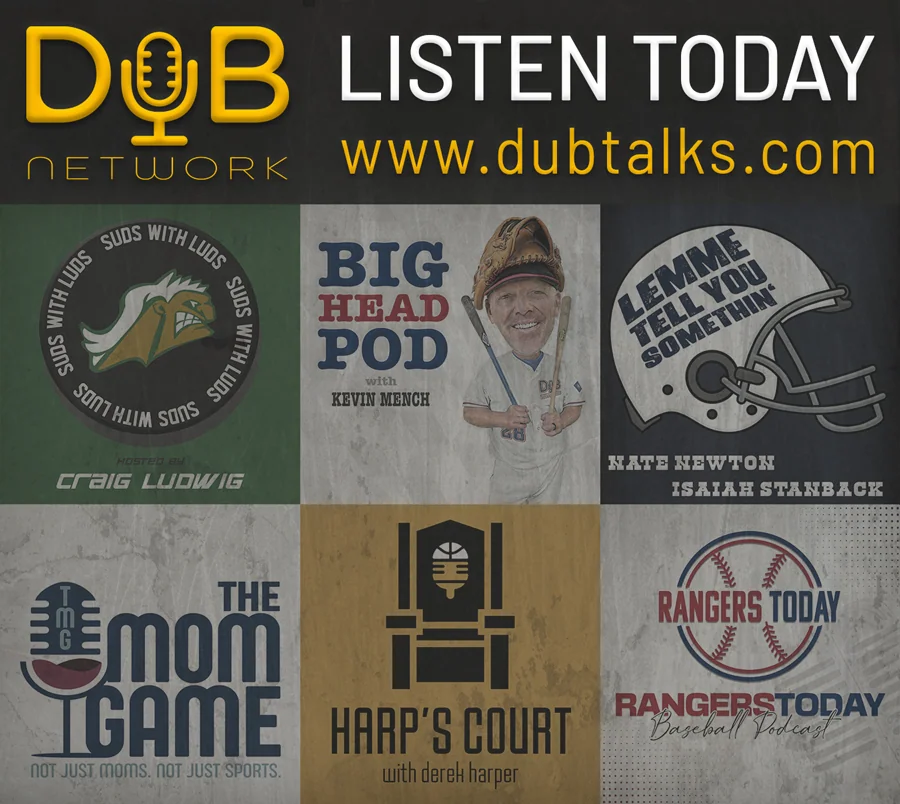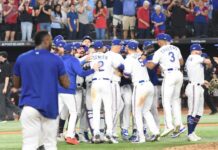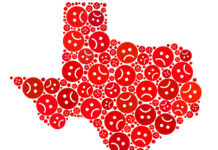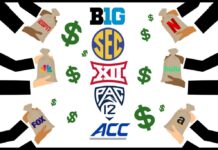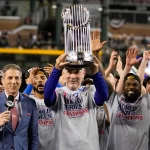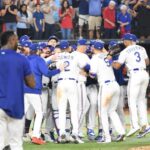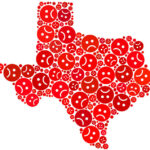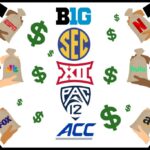Count me among those who believed the Mavericks did the right thing in making the Rajon Rondo trade back on December 20. It had become evident that as historically great as their offense was at that point, their defense was not going to allow them to get them where they wanted to go. Was it a high price to pay? Sure, but the Mavericks were acquiring a four-time All Star. A player who was a huge part of a championship squad as well as other teams that made their way deep into the playoffs. A guy who lived to play the type of difficult games that the Mavericks were going to face in the second half of the season. But it didn’t work. It just didn’t work.
The Mavericks had learned from their mistake when they made the Jason Kidd trade at the 2008 All Star break. They wanted  to get Rondo in early so the break-in period would be taken care of and there would be no mystery when the playoffs started. Two extra months should have taken care of that. It didn’t. Although interestingly, for the first month, when Rondo was taking the measure of guys like James Harden, Russell Westbrook, John Wall and Ty Lawson, the Mavs got exactly what they bargained for. The offense wasn’t quite as efficient, but that always figured to be a work in progress. Yet the defense was much better.
to get Rondo in early so the break-in period would be taken care of and there would be no mystery when the playoffs started. Two extra months should have taken care of that. It didn’t. Although interestingly, for the first month, when Rondo was taking the measure of guys like James Harden, Russell Westbrook, John Wall and Ty Lawson, the Mavs got exactly what they bargained for. The offense wasn’t quite as efficient, but that always figured to be a work in progress. Yet the defense was much better.
The defining moment? Some will look at the blowup between Rondo and Rick Carlisle on February 24 vs. Toronto that led to his one game suspension the following night. But it seemed like everything changed on January 31 in Orlando, the night Richard Jefferson accidentally kneed Rondo in his face, breaking bones and keeping him out for almost three weeks. The Mavericks went 5-2 in that time after going 12-9 since the trade, and while the numbers weren’t appreciably better (in fact, their shooting percentage was lower minus Rondo), they just played differently. Played like themselves. Looked like themselves. When Rondo returned, the Mavericks proceeded to go into a scoring slump the likes they hadn’t seen since the very beginning of the Carlisle era in 2008, and the defense took giant steps backward as well. Rondo just seemed to lose what edge he used to show us regularly. Throw in constant lineup flux that featured injuries and rest periods, as well as a demanding second half schedule, and you had a team with a huge new addition struggling to find itself as the regular season ended.
And yet, none of this explains what happened Tuesday night in Houston. Coming off an acceptable Game 1 with 15 points, five assists and only one turnover, while holding Harden to 4-11 shooting, why would  Rajon Rondo, who supposedly lived for these moments and challenges just simply check out? An eight second violation for not getting the ball across halfcourt against no pressure (BTW, the ESPN stats and info people say it happened only 13 times the entire regular season in the league). Two fouls guarding James Harden that looked more purposeful than just in the course of play with a technical thrown in for good measure and Rondo’s night was over after only 34 seconds of the second half. And really, was there a reason for him to return? The Mavericks weren’t playing well, but they were battling and even led 84-81 lead before the roof caved in. It’s one thing to check out on a Tuesday night in February (not good mind you, but the regular season is a grind), it’s another thing entirely to check out on a Tuesday night in April of Game 2 of a playoff series your team felt they had a real chance to win.
Rajon Rondo, who supposedly lived for these moments and challenges just simply check out? An eight second violation for not getting the ball across halfcourt against no pressure (BTW, the ESPN stats and info people say it happened only 13 times the entire regular season in the league). Two fouls guarding James Harden that looked more purposeful than just in the course of play with a technical thrown in for good measure and Rondo’s night was over after only 34 seconds of the second half. And really, was there a reason for him to return? The Mavericks weren’t playing well, but they were battling and even led 84-81 lead before the roof caved in. It’s one thing to check out on a Tuesday night in February (not good mind you, but the regular season is a grind), it’s another thing entirely to check out on a Tuesday night in April of Game 2 of a playoff series your team felt they had a real chance to win.
Nothing less than the Mavericks season is on the line tonight. A win and, for the moment, they’re back in the series having held serve. A loss? Well, no team has ever rallied from a 3-0 deficit to win an NBA playoff series. Indeed, only 3 have ever reached a seventh game. This is no time to wonder who is and isn’t all in. Chandler Parsons is dying a thousand deaths because he can’t be a part of it. Somehow Rajon Rondo probably doesn’t feel the same way.


